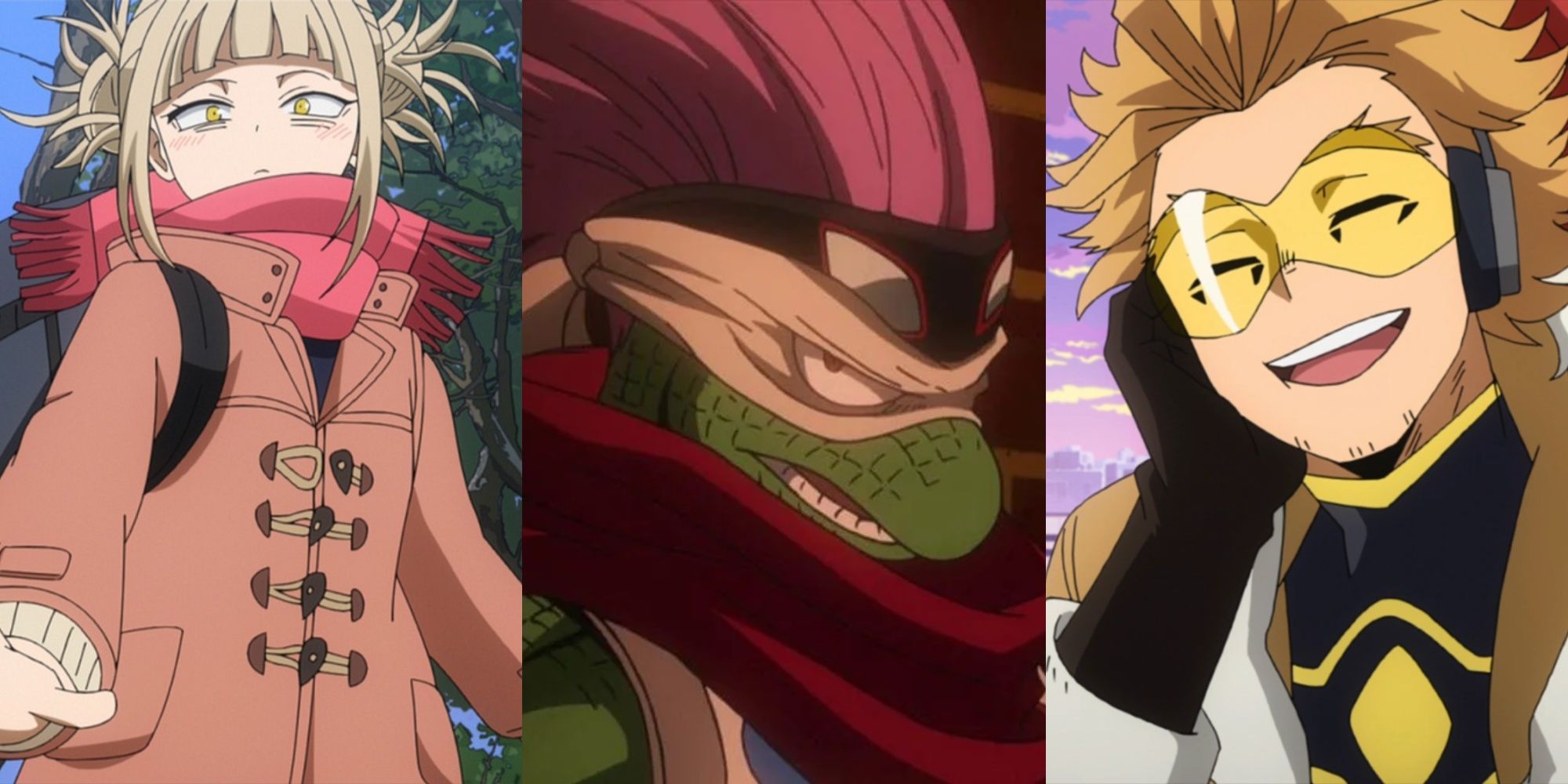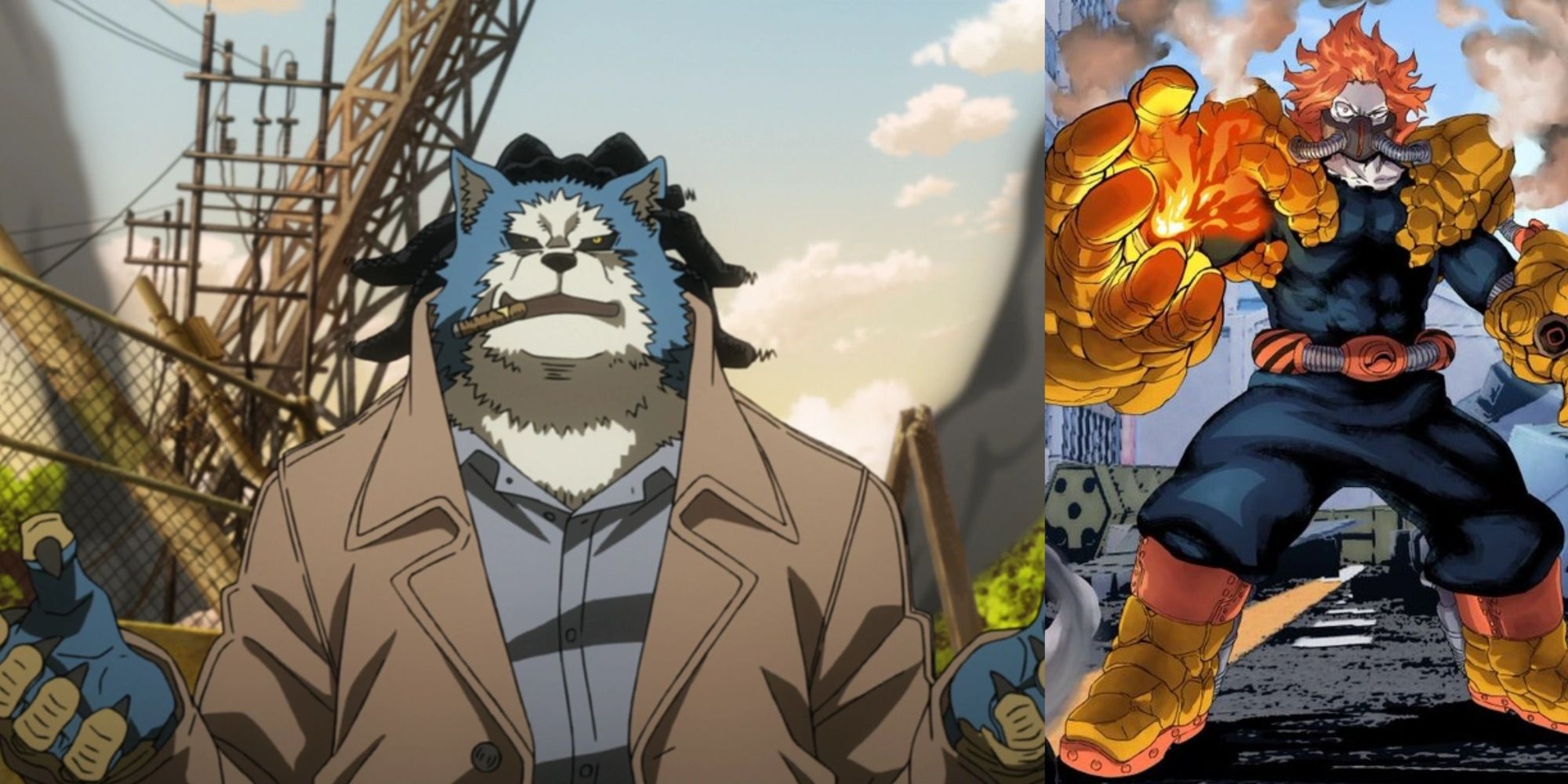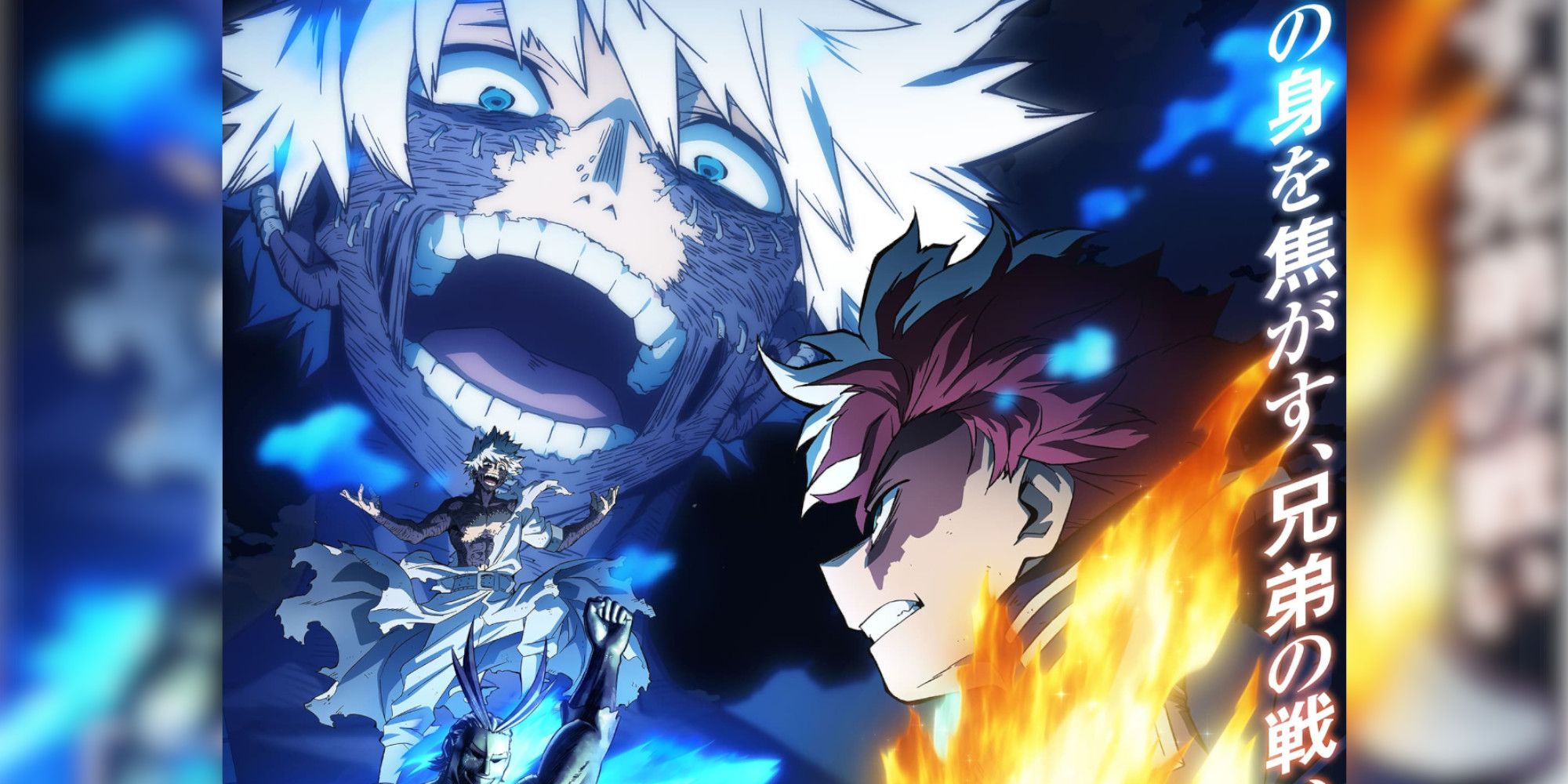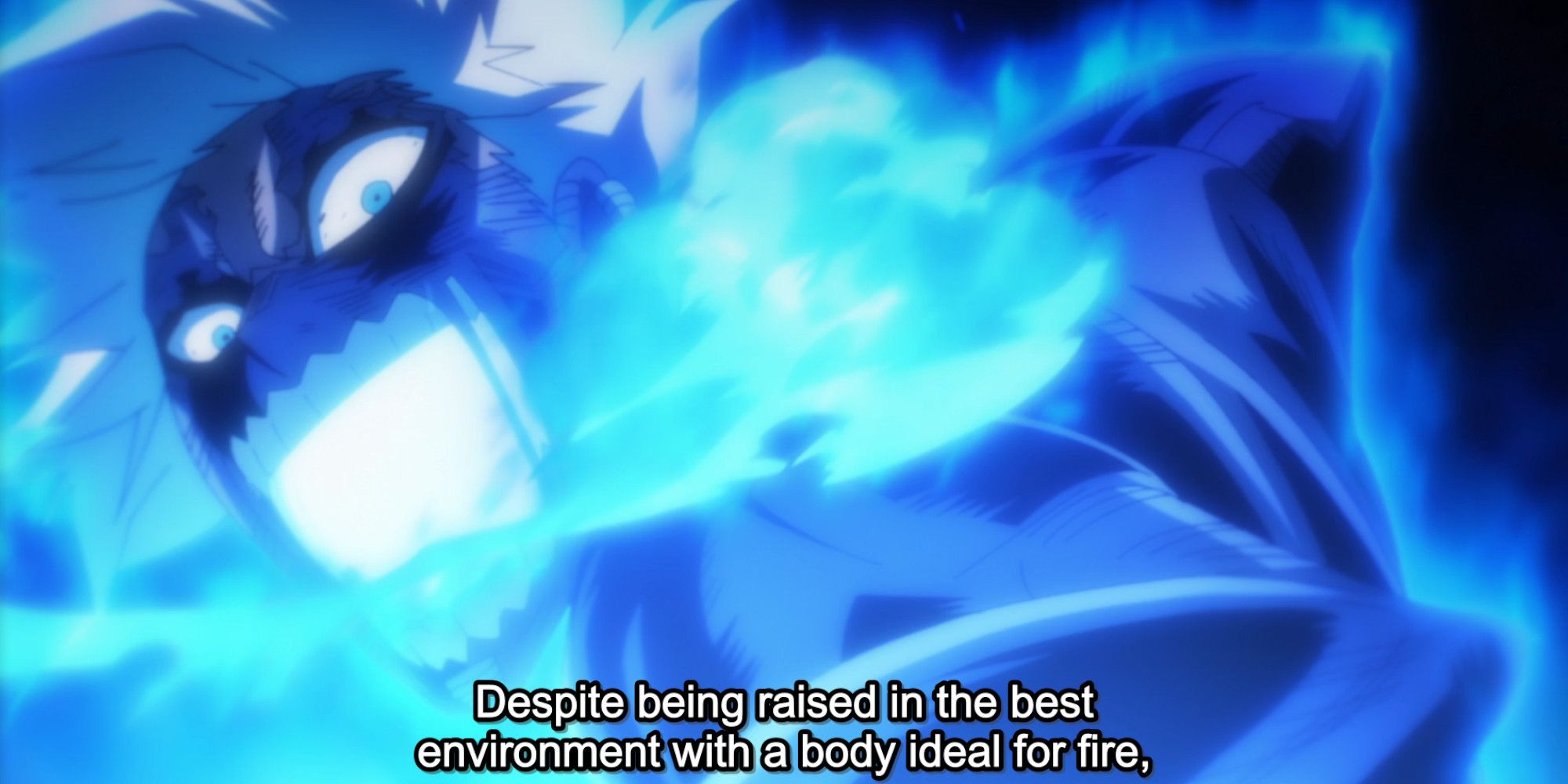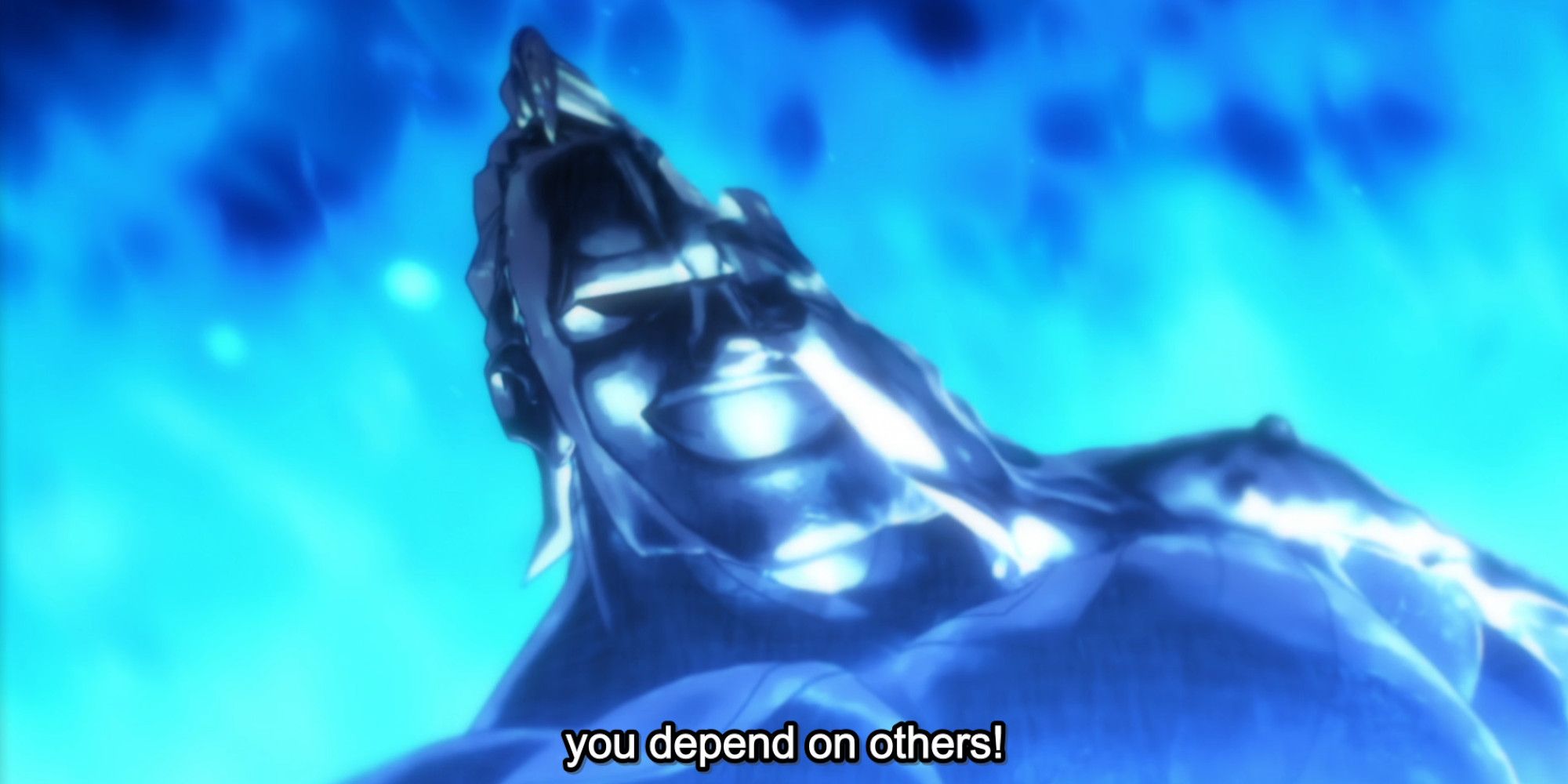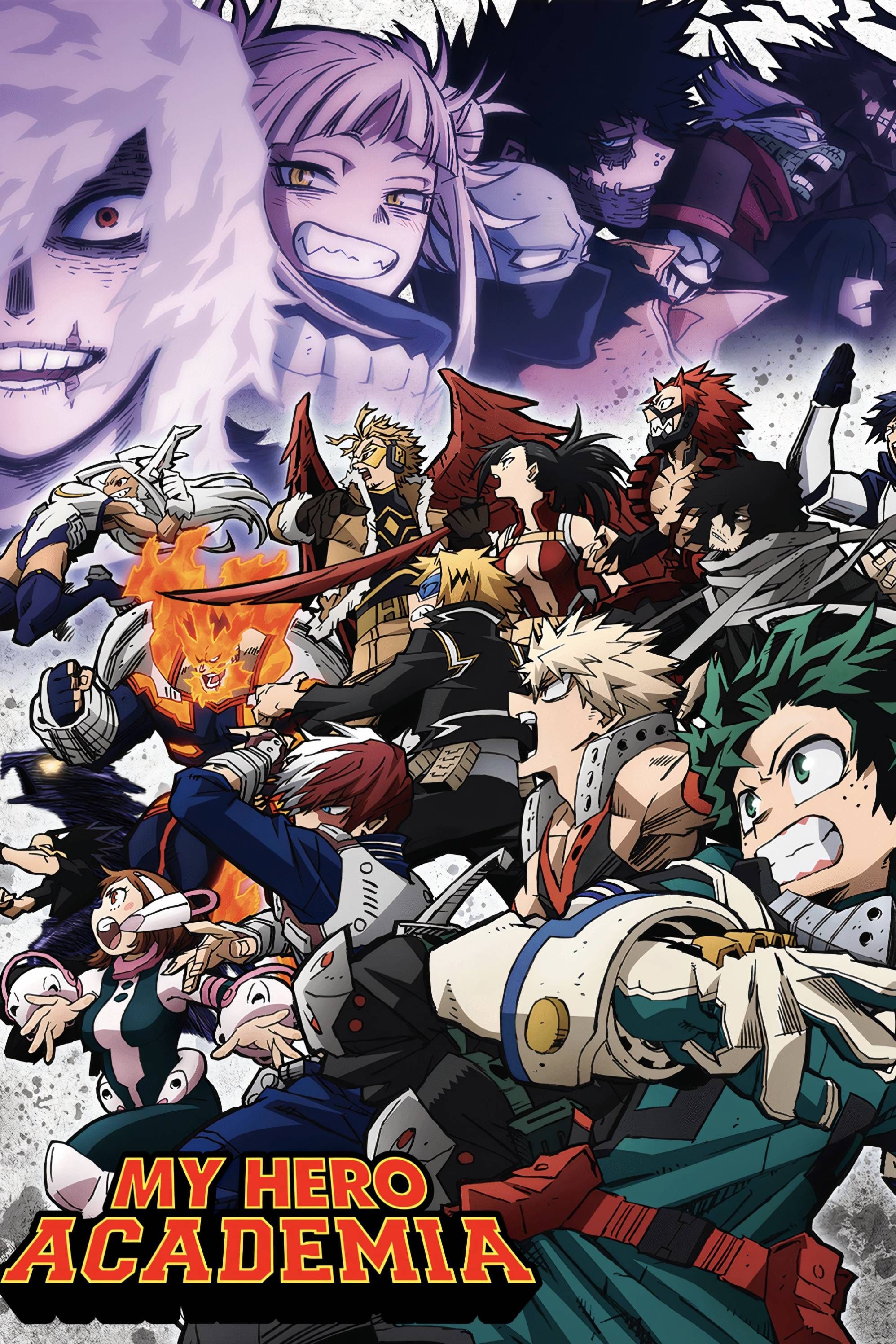Highlights
- My Hero Academia explores the Todoroki family drama, showcasing the complex relationships and societal flaws within the story's world.
- Dabi's true identity as Toya Todoroki adds layers to his character, revealing his struggles and motivations as a villain.
- The conflict between Shoto and Toya highlights themes of family, abuse, and redemption, with Shoto's reliance on friendship as a key to his success.
Title | My Hero Academia Season 7 |
Director | Naomi Nakayama, Kenji Nagasaki (Chief Director) |
Studio | Bones |
Episode Air Date | 6/22/2024 |
Warning: The following contains spoilers for My Hero Academia, Episode 146, "Two Flashfires," now streaming on Crunchyroll.
The drama of the Todoroki family has long loomed over My Hero Academia, reflecting not only the best of its dramatic writing but the biggest flaws of the story's society as well. While Endeavor has much to atone for regarding his part in Toya's turn toward villainy, it's Shoto who takes on the responsibility of bringing him down, a direction which this episode justifies elegantly.
Dabi's true identity was revealed as Toya Todoroki back in Episode 124, at a point in which the public's faith in heroes was already being tested, after which it plummeted to rock bottom. This season, as part of the plan to split up All for One's forces, Shoto was assigned to fight Toya in Camino Ward, at the site where All Might battled All for One in Season 3.
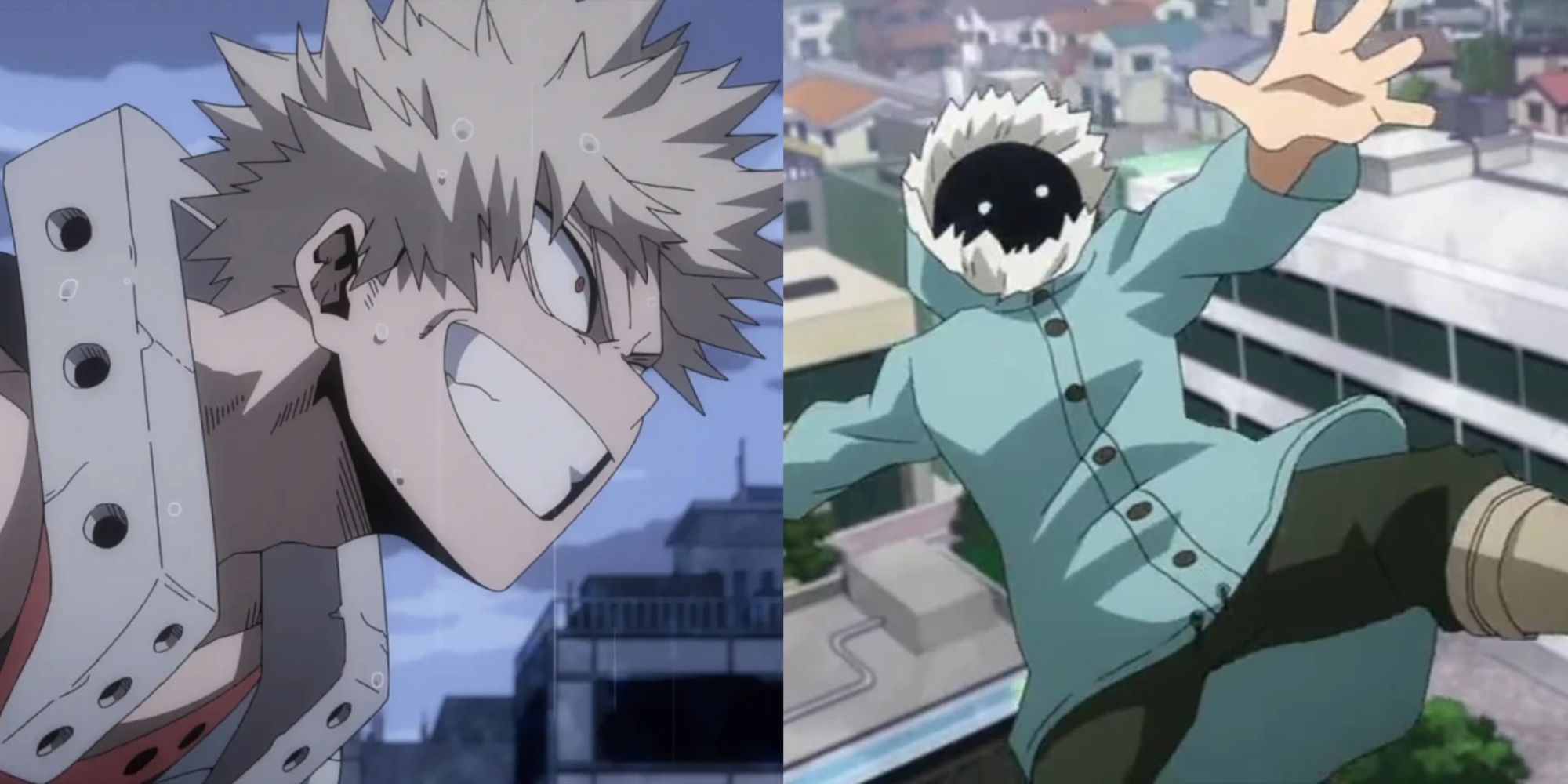
My Hero Academia: 5 Quirks That Transformed Under Pressure
Different instances highlight how pressure can act as a catalyst for profound changes in quirk abilities.
Separating Dabi from Toya
It's difficult to top an episode as uncomfortable as 130, where Toya's childhood was explored in excruciating detail, but this week comes very close, if only briefly. Audiences have seen the boy he was before and have become quite familiar with the villain he became, but the moments in-between, that defined his new direction in life, have always been inferred, never quite shown. Were it not for some clever writing and directing, it might have seemed redundant.
As such, there are little touches that bridge the gap between Toya and Dabi while simultaneously drawing a line between two very different people. One of the smallest but most distressing is how Toya's voice sounds older, but his inner monologue sounds the same after three years spent asleep. Or there's his return home, albeit unseen, like a true ghost haunting the hallways, capped off with him praying at his own memorial altar.
How Dabi Defied All for One's Expectations
Then, there are the larger implications, such as Dabi being intended as a backup plan if Shigaraki didn't meet All for One's expectations. Furthermore, he wasn't expected to survive, and as to why he did survive, the reasons given are ambiguous and ominously spiritual - as if he refused to die until he had unleashed his fury upon his father.
Within the text, his survival might then seem a bit far-fetched, but it retroactively adds so much significance to his presence within the story. Toya could never meet his father's standards and even the villains who repaired his body wrote him off, yet he returned anyway, more powerful than ever imagined. When Garaki says that Dabi is "outside of our discernment", it speaks volumes. He is the dark horse of My Hero Academia's rogue's gallery.
How Dabi's Fury Echoes The Trauma He Suffered
The progression of the fight itself is fairly simple and might be a source of disappointment for those who were expecting a more complex or flashy interchange of blows. With help from the other heroes to ward off attacks, Todoroki charges up a special move he has prepared to defeat Toya. Just as Dabi shocked everyone in Season 6 by using Endeavor's Flashfire Fist, Todoroki has long been practicing to unleash one of his own.
What makes "Two Flashfires" a satisfying episode isn't so much the spectacle - although the art is frequently pretty - but rather how these brothers wrestle with the inheritance of their father's power. Both of them were burdened with high expectations and made victims of abuse, but only one of them actually met such expectations, regardless of any resentment that followed. As the two fight each other, Toya's rage reveals a deep-seated resentment and envy towards Shoto.
For Toya, his body prevented him from becoming the hero his father wanted. Even as Endeavor encouraged him against using his quirk for his safety, his fear of disappointing his dad - spurred on by past abuse - pushed him to hurt himself in pursuit of approval. In his eyes, by comparison, Shoto had everything needed to meet those expectations, so for him to fail to reach his full power, is an insult greater than anything.
Shoto's Lesson for Toya
So Toya beats Shoto down, yells at him, calls him "half-baked" and disparages him, insulting his reliance on others - like his classmates. But at this moment, one could swear he sounds a lot like Endeavor at his worst. In retaliating against his father, and more specifically Shoto, who symbolizes Endeavor's pride, Toya ends up regurgitating a lot of the same toxic rhetoric that scarred him.
In response, Shoto displays his Flashfire Fist, a fusion of fire and ice, but more importantly, he stresses that what allowed him to reach his full potential was never Endeavor, but his friends. Frankly, Deku did more to help him in Season 2 than his father ever did, a moment which is called back to in this very episode. Shoto learned very early on that this quirk was not his father's; it was his, and sadly, Toya never had a friend like Deku to teach him that.
How Was The Fight Itself?
To tell the truth, as gratifying as this conflict was on a writing level, the animation didn't amaze me as much as I had hoped. Perhaps it was the buildup or the episode getting its own poster (a choice that is becoming quite a trend as evidenced by the below poster for next week's episode) but this fight was - on a technical level - just okay. The best part by far was how it ended, especially the shots of the aftermath and the impact frames that showed the two brothers as children.
Regardless, this remained a very powerful episode and one that only gets better as one rewatches it. There is a plethora of small details to appreciate, each of which speaks to the craftsmanship not only in this episode but across this multi-season story of a family grappling with trauma. Endeavor's absence from the fight alone is given potent meaning as well. It might have been satisfying to see him confront his sins head-on, but Shoto posits that not doing so is part of his punishment.
A lot of people do not like Endeavor, but just as many people do like him because of his will to atone for his mistakes. It's what makes him an interesting character, but earning the audience's sympathy in any capacity does not entitle him to the same closure. It falls on Shoto, the son who survived the abuse, to save the brother who wasn't so lucky. For what it's worth, that might be the most mature thing My Hero Academia has accomplished through its writing.
